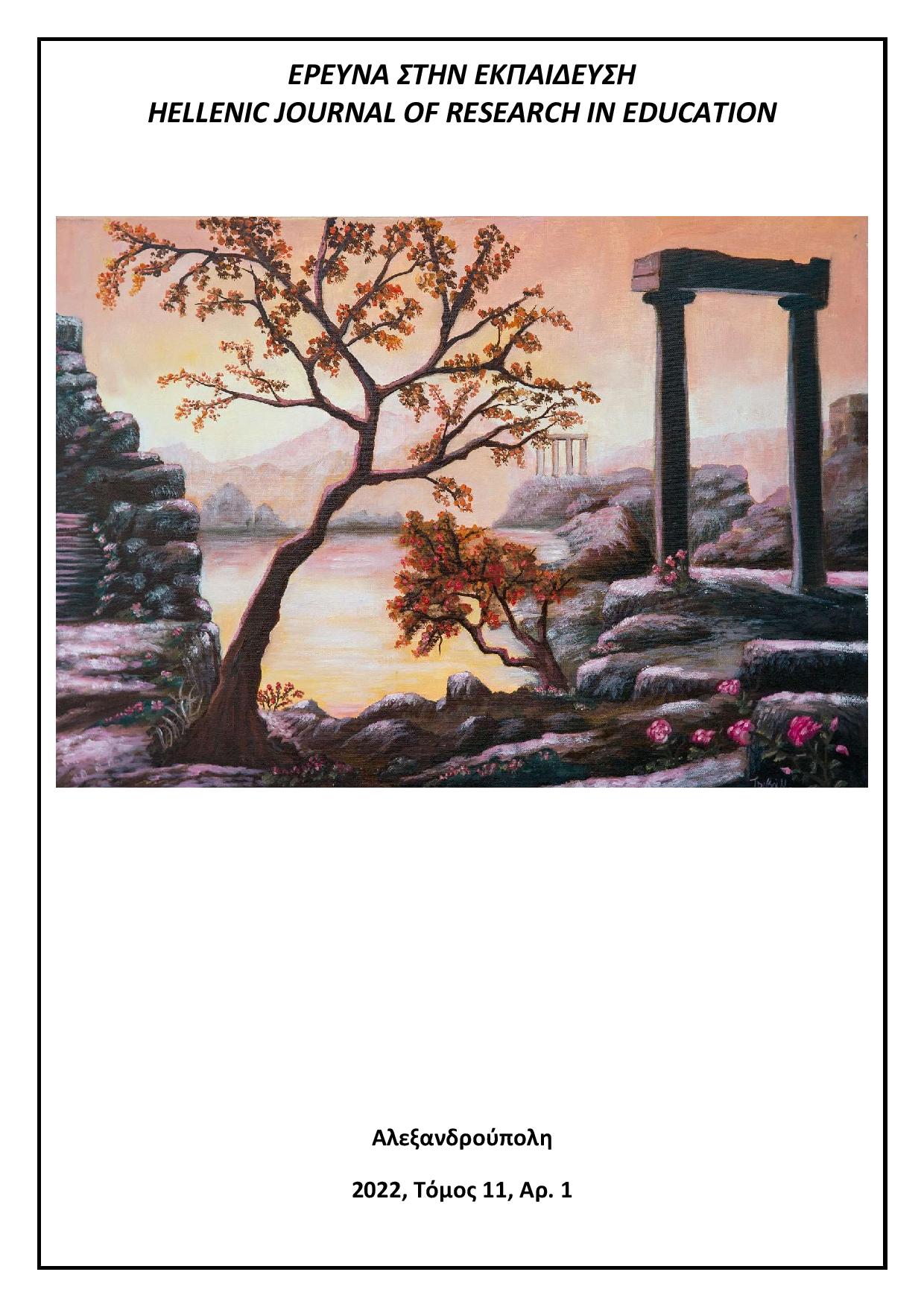Investigating Differentiated Instruction in the German Language Course as a response to heterogeneity

Abstract
Differentiated instruction respects diversity and meets the needs of all learners, thereby maximizing learning opportunities for all. Despite this fact, its effectiveness lacks research documentation, while in recent years there have been attempts to investigate its effectiveness in the Greek educational context. In the present article we will examine the results of a survey conducted during the school year 2021/2022. The participants were 135 GFL-teachers and its aim was to explore the ways they choose to manage diversity in the classroom, such as differentiated instruction. Moreover, it was examined whether they have received training on relevant issues or attended courses addressing differentiation of instruction as well as management of heterogeneity. The results of the present study contribute to the understanding of the situation experienced by GFL-teachers in daily practice regarding the factor of heterogeneity and highlight the need for continuous teacher-training and modifications of teaching to meet the needs of all learners. In conclusion, these results could be used by the relevant services of the Ministry of Education and Religious Affairs, in order to create more effective study programs for the second foreign language lesson, taking into account that the current timetable (two teaching hours per class) is limited, and creates extremely difficult working conditions for GFL-teachers, as they have to move to five or more school units to complete their mandatory schedule. The existing teaching hours are also insufficient to enable students to master the foreign language in the school context to a satisfactory degree with the ultimate goal of obtaining a relevant certification.
Article Details
- How to Cite
-
Tsakalidou, S. P. (2022). Investigating Differentiated Instruction in the German Language Course as a response to heterogeneity. Hellenic Journal of Research in Education, 11(1), 293–314. https://doi.org/10.12681/hjre.31473
- Issue
- Vol. 11 No. 1 (2022)
- Section
- Articles

This work is licensed under a Creative Commons Attribution-NonCommercial-ShareAlike 4.0 International License.
Authors who publish with this journal agree to the following terms:
- Authors retain copyright and grant the journal right of first publication with the work simultaneously licensed under a CC-BY-NC-SA that allows others to share the work with an acknowledgement of the work's authorship and initial publication in this journal.
- Authors are able to enter into separate, additional contractual arrangements for the non-exclusive distribution of the journal's published version of the work (e.g. post it to an institutional repository or publish it in a book), with an acknowledgement of its initial publication in this journal.
- Authors are permitted and encouraged to post their work online (preferably in institutional repositories or on their website) prior to and during the submission process, as it can lead to productive exchanges, as well as earlier and greater citation of published work (See The Effect of Open Access).


